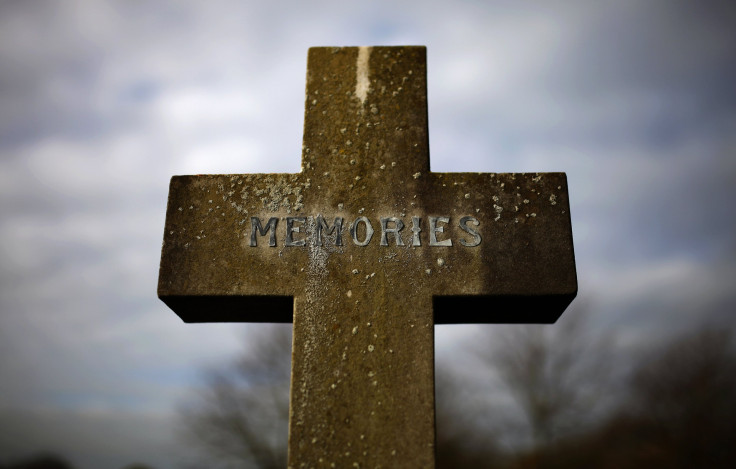Complicated Grief Treatment Helps Widows More Than Simply Treating Their Depression

“Old age is no place for sissies," Bette Davis once observed. She had a point: nearly nine percent of bereaved older women experience a condition known as complicated grief, a debilitating mental health problem linked to increased rates of suicide. Now, a new study finds treatment specifically designed to help older people deal with complicated grief is more effective than the therapy usually provided by doctors — treatment for depression.
About 40 percent of all women and 13 percent of all men over the age of 65 — that’s 40 million Americans — are widowed. Sadly, many of these elderly people are bereaved by the loss of friends and other family members as well. Symptoms of complicated grief (CG) involve all the usual signs of grief, but the overall period is more prolonged while other signs include frequent thoughts of the deceased and difficulty imagining a meaningful future. Doctors, who are often at a loss when trying to help their elderly patients, address this disabling condition by suggesting interpersonal psychotherapy, a routine treatment for depression. However, complicated grief symptoms do not respond well to IPT.
Understanding this problem, a group of researchers from Columbia University developed a targeted treatment, complicated grief treatment based on an attachment therapy model and tested it against interpersonal psychotherapy in a study of 151 patients (average age of 66) between 2008 and 2013. The aim of complicated grief treatment, which focuses on loss and restoration, is to resolve grief complications while facilitating natural mourning. Comparatively, interpersonal therapy sessions discussed the effects of grief on mood, while encouraging a realistic assessment of the deceased and working to enhance relationships and activities in the present. The 151 individuals, most a whole three years out since losing their partner, child, or close friend, were divided into two groups and assigned 16 weekly sessions of one or the other therapy.
After assessing the patients and the results, the researchers' conclusions did not surprise. Both treatments improved CG symptoms, yet the overall response rate for CGT amounted to 70.5 percent — more than twice that for IPT (32 percent). Additionally, symptom reduction was greater in the CGT group, as was the reduction in illness severity. Suggesting doctors learn the difference between complicated grief and depression, the researchers added doctors learned to treat complicated grief, “given the growing elderly population, the high prevalence of bereavement in aging individuals and [its] marked physical and psychological impact.”
Source: Shear MK, Wang Y, Skritskay N, et al. Treatment of Complicated Grief in Elderly Persons A Randomized Clinical Trial. JAMA Psychiatry. 2014.



























